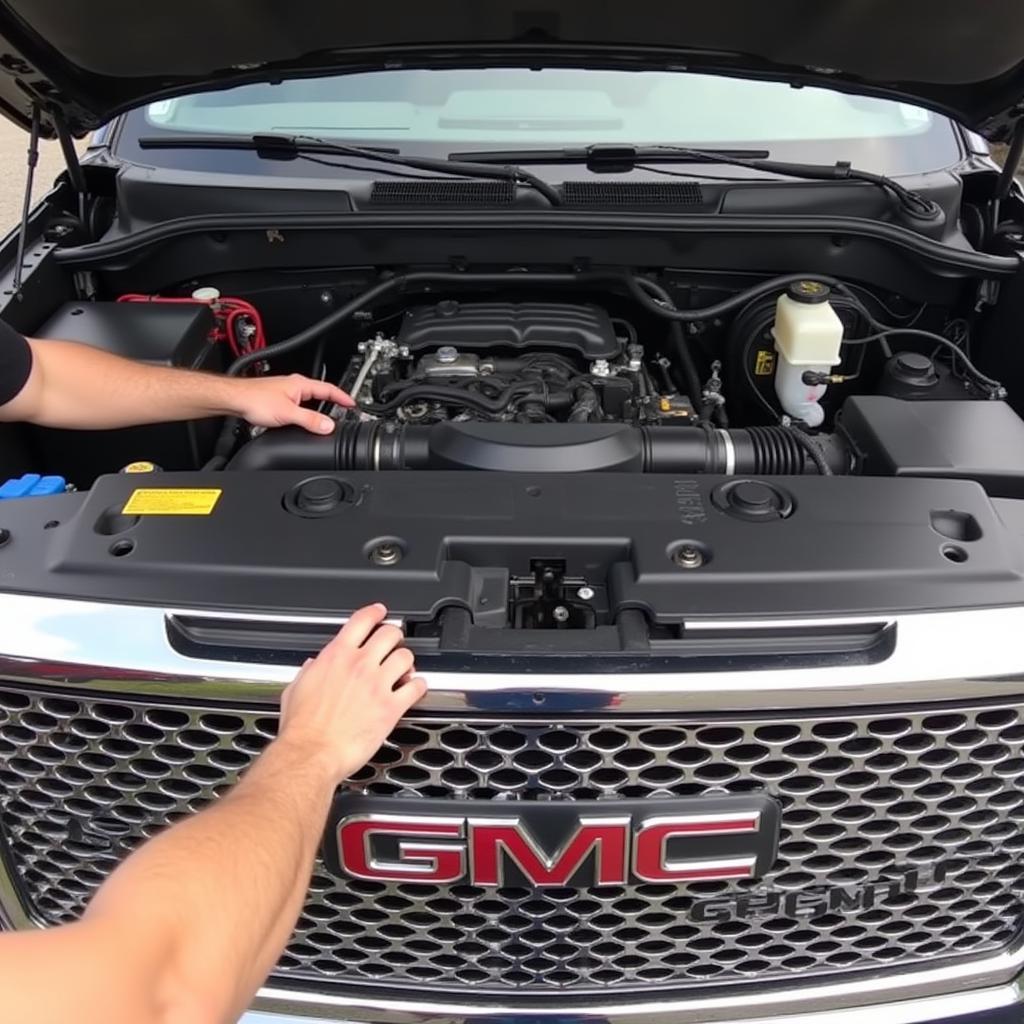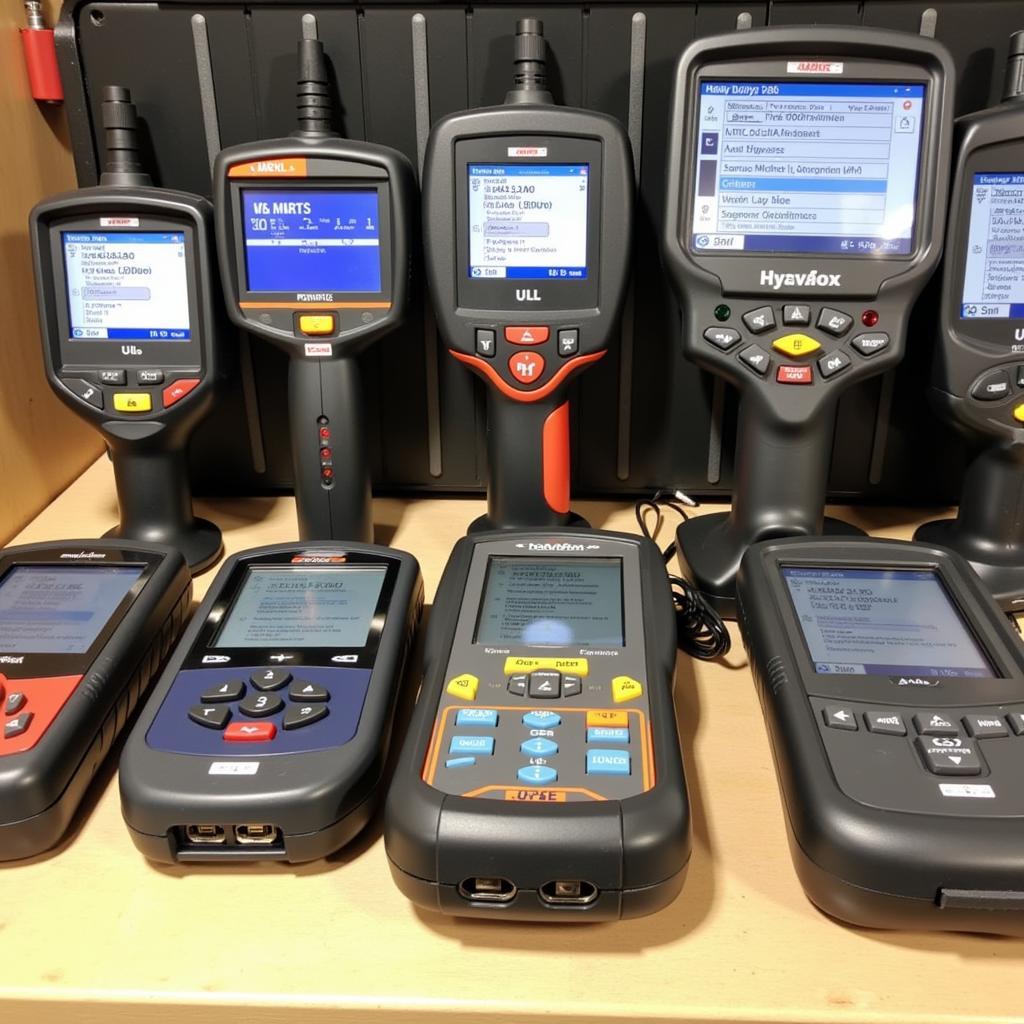Installing a police scanner in your car can open a window into the world of emergency services and keep you informed about local happenings. This guide provides a comprehensive overview of the process, from choosing the right scanner to optimizing its performance.
Understanding Police Scanner Installation
Before diving into the installation process, it’s crucial to understand the different types of scanners and their features. Modern scanners offer a wide range of capabilities, from basic analog reception to advanced digital decoding. Knowing your needs and the local regulations surrounding scanner use is paramount. Familiarize yourself with the laws in your area regarding police scanner usage, as restrictions may apply. Additionally, understanding the different frequency bands used by emergency services in your region is essential for optimal reception.
Choosing the Right Police Scanner for Your Vehicle
Selecting the right police scanner for your car involves considering several factors. Think about your budget, desired features, and the type of reception you need (analog, digital, or both). Some scanners offer advanced features like trunking and digital decoding, while others focus on simplicity and ease of use. Researching different models and reading reviews can help you make an informed decision. Consider the size and mounting options of the scanner to ensure it fits comfortably in your vehicle without obstructing your view or controls. A best police scanner for car will suit your specific needs.
Step-by-Step Guide to Installing a Police Scanner
Once you’ve chosen your scanner, the installation process can begin. First, determine the best location for the scanner in your car. Consider visibility, accessibility, and proximity to power sources. Next, connect the power cable to the scanner and route it to a suitable power source in your vehicle, such as the cigarette lighter socket or directly to the fuse box. Then, install the antenna, ensuring it’s securely mounted and positioned for optimal signal reception. Finally, test the scanner to ensure it’s functioning correctly and receiving clear transmissions. Remember, proper antenna placement is vital for maximizing range and clarity, as highlighted in this guide on car mount scanner antenna.
“A common mistake is neglecting proper grounding. A well-grounded antenna significantly improves reception and reduces interference,” says John Smith, Senior Automotive Electronics Technician.
Optimizing Your Police Scanner’s Performance
After installation, you can further optimize your scanner’s performance. Adjust the squelch control to filter out background noise and enhance clarity. Program the scanner with the specific frequencies used by emergency services in your area. Explore additional features like close call and weather alerts. Regularly check the antenna connection and positioning to ensure optimal reception. Understanding the intricacies of police radar scanner for car can enhance your experience.
“Understanding local radio frequencies is key to effective scanning. Online resources and scanner communities can provide valuable information about active frequencies in your area,” advises Jane Doe, Certified Radio Communications Specialist.
Troubleshooting Common Police Scanner Issues
Occasionally, you may encounter issues with your scanner. If you experience poor reception, check the antenna connection and positioning. Ensure the scanner is programmed with the correct frequencies. If you encounter interference, try adjusting the squelch control or relocating the antenna. If the scanner isn’t powering on, verify the power connection and fuse. Be aware of the potential risks of car key scanner theft and take necessary precautions. For specialized local information, resources like oak hill wv police car to car scanner codes can be helpful.
Conclusion
Installing a police scanner in your car can provide valuable insights into local events and emergency situations. By following this guide and taking the time to understand your equipment and local regulations, you can enhance your awareness and stay informed. For further assistance or specialized installations, connect with ScanToolUS at +1 (641) 206-8880 or visit our office at 1615 S Laramie Ave, Cicero, IL 60804, USA. We’re here to help you with all your police scanner installation needs.


